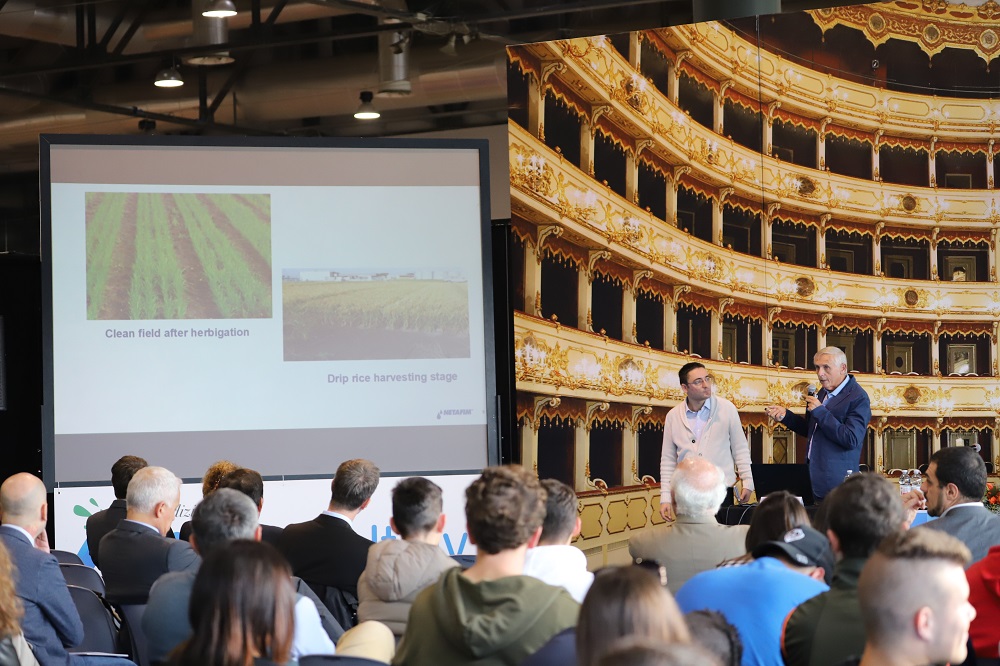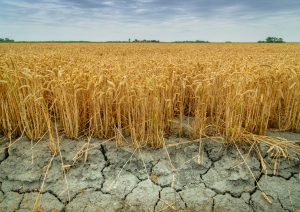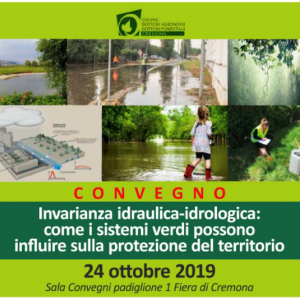Over the past year, the issue of climate change has become a major factor in all aspects of everyday life. And agriculture is no exception.
Tradition, technique, adaptability. These are the cornerstones at the center of the third day of Watec Italy,organized in collaboration with the Regional Association Of Management and Protection of the Territory and Irrigue Waters of Lombardy.
It is Dubi Segal, an Israeli expert at Netafim, who opens the debate,emphasizing that technology must also enter right into the management of cultivated fields and not only to be at the forefront.
Switching from common sliding irrigation to a drip, for example, would allow to produce, with the same water used, more than three times the amount of today. This is an advantage that cannot be ignored in a future where food demand will only grow,as opposed to the resources available.
Develop new techniques, of course, but looking with respect to our past, especially in a reality rich in history like the Padana Plain, always the beating heart of agriculture in Europe.
As Marco Ruffini, del Consortiaor Naviglio City of Cremona recalls, the extensive network of canals present in the territory for more than seven centuries has not only allowed the development of agriculture, livestock and services, but it has become a real symbol of the region, representing an almost unique reality on the continent.
Focusing on saving water will not be easy, comments Paolo Micheletti, DUNAS, because the water that goes first awls during sliding irrigation (and which, therefore, seems apparently “wasted”) is an essential resource for the soil, especially from a chemical point of view. Even in agriculture, moreover, nothing is created, nothing is destroyed, but everything is transformed.
We must not necessarily condemn the current irrigation system, intervenes Paolo Mannini, of the Emiliano Romagnolo Canal, but it is definitely time to carry out a reassessment of the techniques, which bring along with water also information and knowledge to make it an innovative and sustainable use.
Scientific research must be carried out at all stages of the process, he continues, focusing mainly on transport, where most of the waste of the precious resource takes place.
The analysis of the topic from a global point of view is, instead, the task of Federica Matteoli and Julian Schnetzer, of the F.A.O. , for which the development of a global awareness of the impact that agriculture has on global warming is central. Only by activating consciously, they specify, will it be possible to intervene positively on the phenomenon.
Si therefore speaks of Climate-Smart Agriculture (CSA), an approach aimed at the reorientation and sustainable development of this sector, as old as man. Contextualizing, analyzing, financing and cooperating become key actions to achieve any reality, fromllto large company ofthePadana Plain,tothe small Farmer of Uganda.
Management, monitoring and adaptation must go hand in hand in this process, points out Claudio Gandolfi, of the University of Milan, because without a proper framingor the interventions to be carried out you do not go anywhere part.
In this increasingly hectic and fragile world, keeping up with the times is a pressing necessity. We are all called to be protagonists, in a continuous and conscious way. And you, are you Smart?




